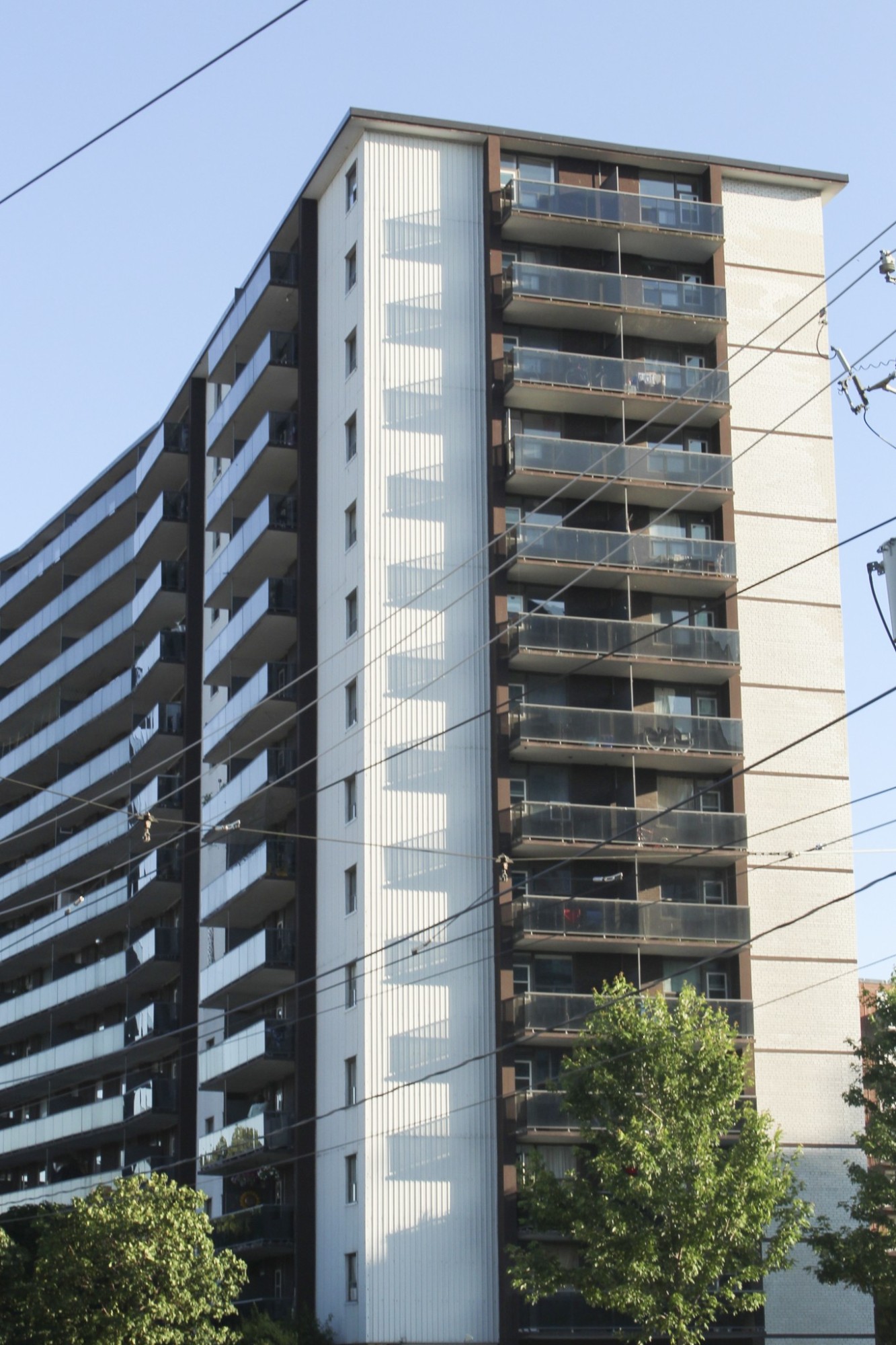Olga Steblyk / Sputnik Photography
An apartment building.
In 2022, the average rent in Brantford was $1,246 per month. However, in major cities like Toronto, rent prices jumped to $1,665 monthly. Over the past decade, the Ontario Housing Affordability Task Force reported that housing prices increased by 180 per cent, while wages only increased by 38 per cent. This has resulted in more and more people being forced to work multiple jobs to afford rent, never mind being able to purchase a home.
Even as a student living in Brantford, I have seen monthly rent go from around $500 to around $700 in the past three years. The Canadian housing market is in shambles with no clear path to resolution.
With a quick scroll on social media sites like TikTok and Reddit, the #abolishlandlord tag is gaining popularity. The landlord represents the bourgeoisie villain praying off the housing needs of people to further enrich themselves. The #abolishlandlord movement has become a rallying cry to fight back against housing unaffordability.
This begs the question, are landlords truly the Big Bad Wolf everybody is making them up to be?
The answer is both yes and no.
Completely getting rid of landlords would greatly reduce the number of properties available for rent on the market. Sometimes people have extra space or their property is temporarily empty, and renting creates an equally beneficial opportunity for both the landlord and renter.
It must be said that not every “landlord” is some greedy investment firm or a rich person with a large portfolio of properties. Some are just families who are renting their homes to try and keep their heads afloat like the rest of the population. However, the very premise of a landlord does raise a moral dilemma.
Landlords profit off a human necessity without doing any labor to earn it. By merely owning property, they can leverage people’s needs to earn money. Prices for houses will continue to go up as the demand is inflated due to properties being bought as investments.
The only reason a landlord would have to buy multiple properties is to make a profit. These profits are made by charging more than the mortgage and maintenance costs. This profitability incentivizes landlords to cut costs wherever possible to pocket as much as possible.
Our society doesn’t need landlords to function. Houses have existed without landlords and they would continue to exist without them in the future.
But if the system incentives a landlord to resort to exploitative tactics to make money, should the landlord bear the brunt of the blame?
The government has a duty to its citizens to regulate the market and ensure the rights of renters are being maintained. Solutions to the housing crisis could look like increased taxes on owners of multiple properties, the government creating more social housing, incentivizing landlords to sell property through issuing bonds or disincentivizing renter turnover by controlling rental increases.
It is not the landlords, per say, that need to be abolished, but the concept of landlordism itself. It’s all the financial peril that a rental system creates. While some landlords do care about their tenants and rent out space for a bit of extra income, the system that creates such a disparity in housing opportunities shouldn’t be overlooked.
This article was originally published in print Volume 23, Issue 1 on Thursday, Aug. 31.




